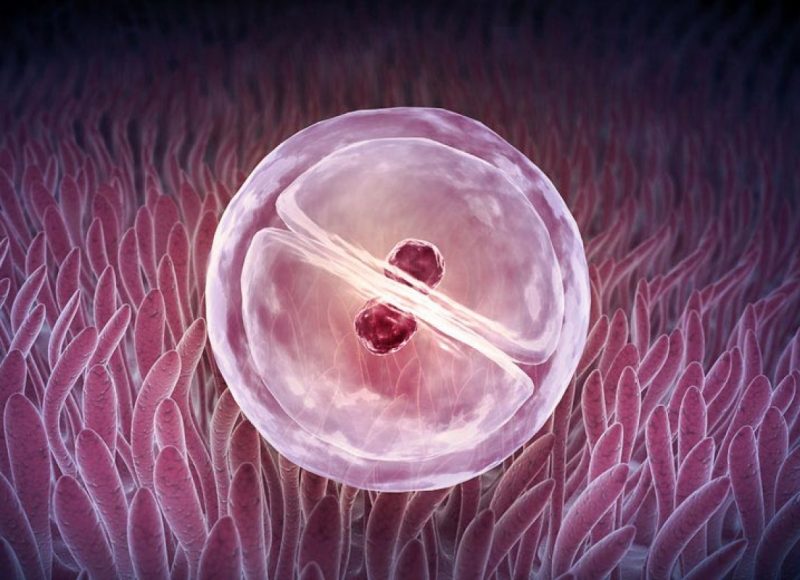
IVF/FERTILITY
Mr Karpouzis has more than 10 years of experience in the fertility/assisted conception field. Has been trained in the UK and is accredited by the BFS for Embryo transfers and infertility./assisted conception. He believes that every single infertility case is different and needs to be treated like this. We guarantee personalized, one to one care and holistic approach to your problem.
A haematologist, an endocrinologist, a psychologist,and a dietician will stand by you, in order to help you with your problems, either through virtual consultations or face to face appointments during your stay in the city of Athens. Mr Karpouzis will create innovative and tailored made IVF protocols for you and will deal personally with your case from the initial consultation till the time that you will have a positive pregnancy test. Our collaborating embryologic labaratory guarantees excellent success rates.
We specialise in recurrent implantation faillures, stage 3-4 endometriosis cases and poor responders. We have been proud of introducing innovative protocols , like double stimulation for poor responders and modified semi natural cycles , as well as high gonadotrophin dose protocols for resistant PCOs with vitrification. We like monitoring thoroughly ovarian stimulation with blood tests and change doses /medication accordingly. We treat each case like it is a unique one and that is what gives us top success rates.

FAQ
How many years should I try for a pregnancy, before I address a fertility specialist?
Statistics show that 65% of women will finally conceive after 6 months of regular sexual intercourse and 85% after 1 year. Half of those that have not managed to get pregnant in the first year will finally achieve a pregnancy, if they carry on their tries for a second consecutive year. The diagnosis of infertility is usually given to couples that have been attempting to conceive for at least 1 year without success. In the U.K a couple seeks help after one year of unsuccessful regular unprotected sexual intercourse. We, at Pelargos, believe that a woman over 35 years old should preferably start investigating after 6 months, whereas women younger than 35 years old can delay it to the year. Of course if subfertility problem is highly suspected or known, investigations need to start much earlier.
Which are the most common reasons of subfertility?
Many different medical conditions and other factors can contribute to infertility. An individual case may have a single cause, several causes or sometimes non-identifiable cause. Overall, one third of all infertility cases , are caused by female reproductive issues, one third by male reproductive issues and one third by both male and female factors or by unknown factors.
Out of all the female factors, ovulation problems are most often caused by PCOs syndrome. Blocked tubes can be a result of adhesions due to a previous surgery or caused by pelvic floor Infections like Chlamydia or gonorrhea. Endometriosis is a disease that causes painful periods and can affect fertility in many different ways, one of them being tubal function problems.
Hormonal disorders, like thyroid malfunction, hypogandotrophic hypogonadism often caused by anorexia neurosa and hyperprolactinaemia, can all of them affect negatively fertility. Congenital uterine abnormalities, like uterine diaphragms, bicornuate, didelphys uterus cause infertility and recurrent miscarriages. Fibroids can be, depending on size and position, surgically treated factors of infertility.
Premature menopause caused by genetic, anosologic or unknown reasons, can also cause infertility. Obesity usually causes ovulation problems. Increasing age itself is the most important and most difficult to diverse cause of infertility, affecting both the quantity, but mainly the quality of the eggs. Male factors can vary from small degree problems in sperm amount, mobility or morphology to complete azoospermia (no sperm) due to obstruction, hormonal, chromosomic or genetic reasons.
Almost in 20% of the subfertility cases, no reason at all can be identified and this is defined to be an unexplained infertility. Conditions like presence of NK cells in the blood, anti sperm antibodies and DNA fragmentation in sperm analysis etc. have also been associated with infertility.
